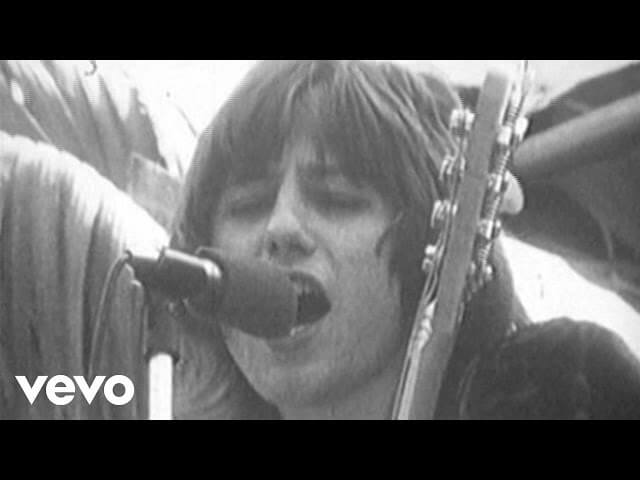How King Crimson’s “musical fascism” led to its early downfall

Before he became a political reporter for the Washington Post in 2015 and surely lost the time to think about anything other than the all-consuming shitshow unfolding in Washington, David Weigel wrote a series of essays for Slate championing and chronicling the history of progressive rock. In the years since, he’s taken that passion for the much-maligned genre and expanded his series into a book, The Show That Never Ends: The Rise And Fall Of Progressive Rock. Redbull Music Academy Daily recently shared an excerpt from a chapter that recalls the formation, instant success, and quick downfall of King Crimson, one of prog’s most renowned acts. It’s a fascinating look at the band’s early history, full of incredible quotes from its laundry list of members.
Weigel marks the birth of King Crimson with the death of Giles, Giles, And Fripp, the psychedelic rock band formed by Crimson founders Michael Giles and Robert Fripp. The other Giles, Peter, got the boot when Fripp brought prog icon Greg Lake into the fold as the new singer and bassist, forming the first proper incarnation of King Crimson. Hearing Weigel tell it, Lake’s rockstar edge and charismatic vocal style was one of the keys to the group’s early success, which was aided tremendously by a 40-minute set opening for The Rolling Stones in front of hundreds of thousands of people in London’s Hyde Park. The songs they played there would later be turned into the band’s classic debut, In The Court Of The Crimson King, which became a hit in the U.K. and abroad.
But as the band started touring across America in support of In The Court, tensions rose between Fripp and his bandmates. Addled by the stresses of touring, Michael Giles and multi-instrumentalist Ian McDonald made their departure mid-tour. And soon after the tumultuous recording of the band’s second album, Lake would leave to join up with Keith Emerson, another ambitious musician who, like Fripp, was driving his bandmates insane with dictatorial demands.
Weigel’s recounting of the feud between Fripp and the band’s next singer, Gordon Haskell, is this excerpt’s most harrowing material. Haskell resented having to sing Peter Sinfield’s oddball lyrics and had trouble just figuring out how to do so. Fripp himself called the task of laying down vocals for Crimson’s music “a functional impossibility.” More troubling to Fripp, Haskell wasn’t up to the task of emulating Lake’s vocals from earlier Crimson material, and his suggestion that the band lower the songs’ register was met with a staunch no and prompted the argument that led to him leaving the band. Haskell would later sum up his feelings on Fripp’s non-collaborative approach thusly: “The King Crimson weapon is musical fascism, made by fascists, designed by fascists to dehumanize, to strip mankind of his dignity and soul.”
That’s where this excerpt of Weigel’s wonderful storytelling ends, and anyone with a modicum of interest in the history of King Crimson or prog rock or, hell, the battles that go on behind the scenes of great bands, should head over to Redbull Music Academy and get the rest of the details. Despite the trouble, Crimson would live on and Haskell’s assertions would pretty much be born out over the next year. Fripp’s refusal to hear out his bandmates’ musical ideas would drive all of them—including Sinfield, the last remaining original member—out of the group after its fourth album, Islands. Fripp would reform Crimson in 1972 with a renewed drive that delivered three of its best albums, Larks’ Tongue In Aspic, Starless And Bible Black, and Red. The band has been in and out of hiatus with tons of different lineups ever since, and its current eight-member incarnation is on tour right now.